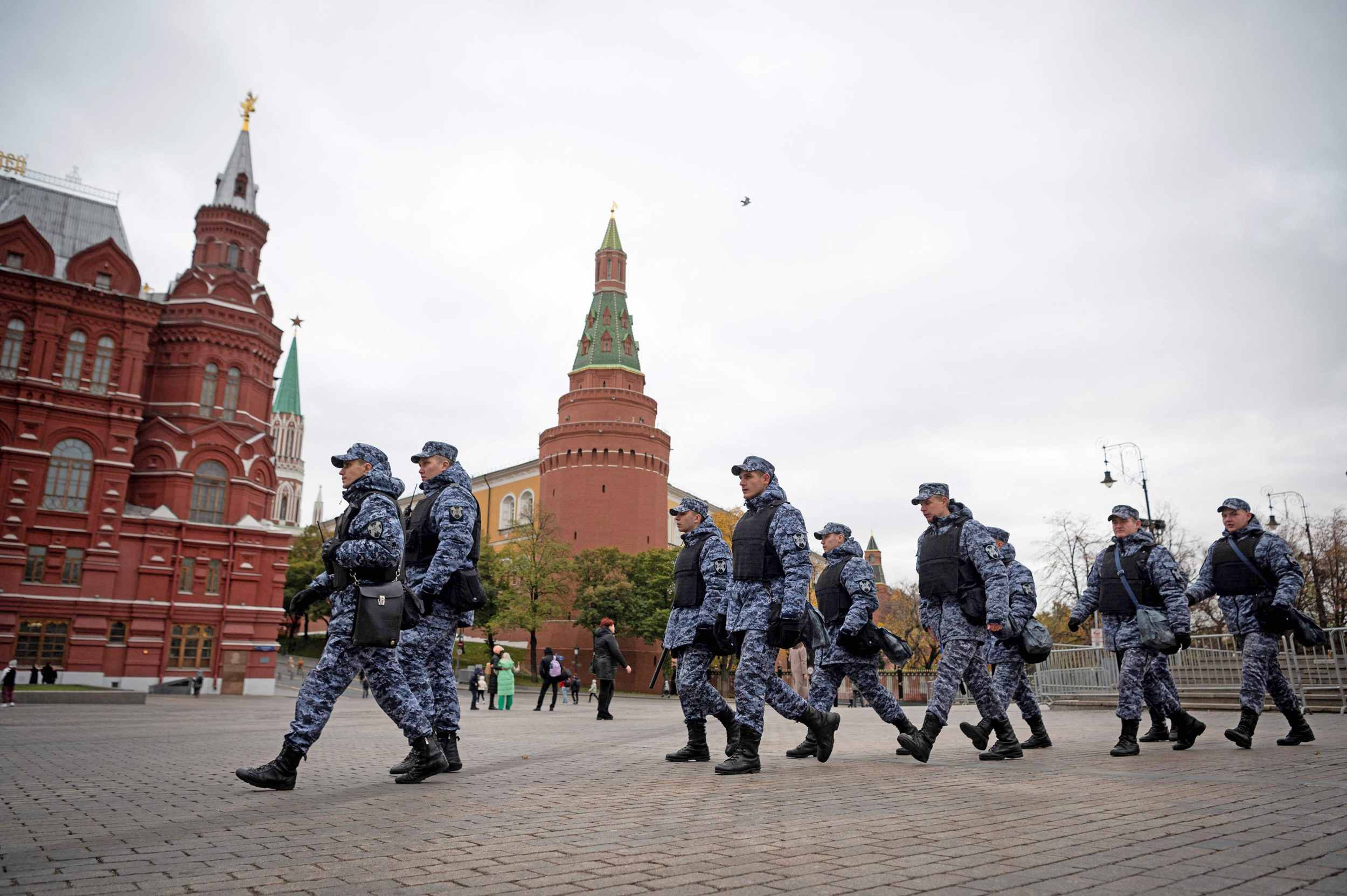Day: May 13, 2024
Watch Live: National Security Advisor Sullivan Joins WH Monday Briefing https://t.co/soA8o5xBde
— RCP Video (@rcpvideo) May 13, 2024
Here’s every James Bond Actor’s Most Iconic One- Liner, Ranked- Sorry, I’m partial to Sean Connery, “Shaken, not stirred” for his martinis and his “Bond. James Bond” intro in every film stick in my mind. #JamesBond #seanconnery #spymovies #USA
https://t.co/1dhr4RrmYH pic.twitter.com/qU9oRy14bS— Robert Morton (@Robert4787) May 13, 2024
Egypt reportedly threatened to suspend its peace treaty with Israel and stop serving as a mediator in ceasefire talks after Israel only gave Egypt short notice before capturing the Gazan side of the Rafah crossing.https://t.co/LH1qFbsBl0
— The Jerusalem Post (@Jerusalem_Post) May 13, 2024

